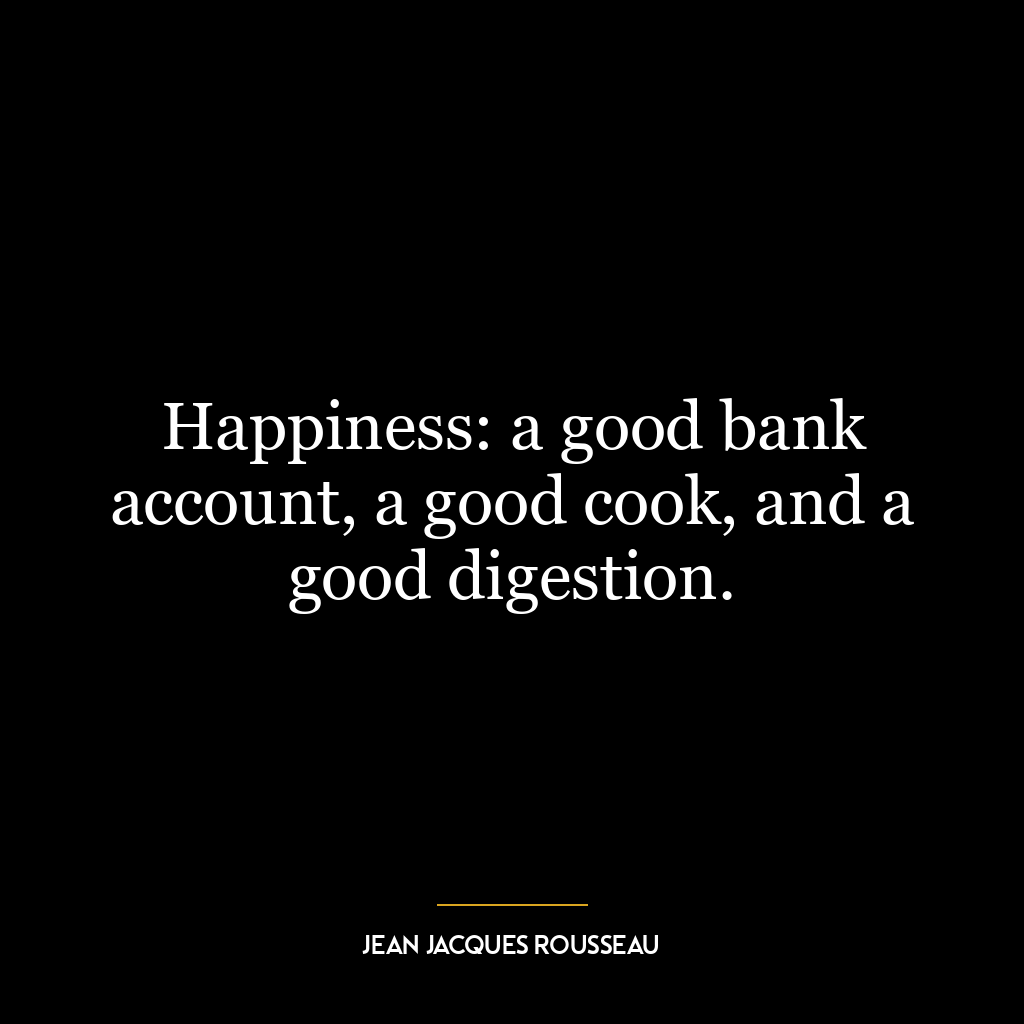This quote implies that if a person does not take care of their basic needs, such as eating and maintaining their health, it is unlikely they will be able to manage other aspects of their life. The ‘belly’ here symbolizes our most fundamental needs and desires. If we can’t discipline ourselves to maintain our physical health, it’s doubtful we’ll have the discipline for less immediate matters.
Johnson suggests that self-care and attention to one’s wellbeing is an initial step towards overall personal responsibility. It highlights the importance of prioritizing oneself before attempting to tackle more complex tasks or responsibilities.
In today’s world, this quote could be applied in numerous ways. In the context of work-life balance, for instance, those who do not prioritize their physical health and wellness may find themselves struggling with productivity or motivation in professional areas too. It speaks volumes about burnout culture where people are expected to push themselves at the expense of their wellbeing – a strategy that can lead to decreased performance over time.
In terms of personal development, this quote underlines the need for self-discipline and self-care as foundational elements for growth and improvement in other areas. For example, someone aiming for financial success will hardly achieve it if they cannot manage basic aspects like regular meals or sufficient sleep – these being indicators of a lackadaisical attitude towards personal management.
Thus Johnson’s words serve as a reminder that taking care of one’s basic needs isn’t selfish or indulgent but rather a necessary starting point from which all other successes can springboard from.















